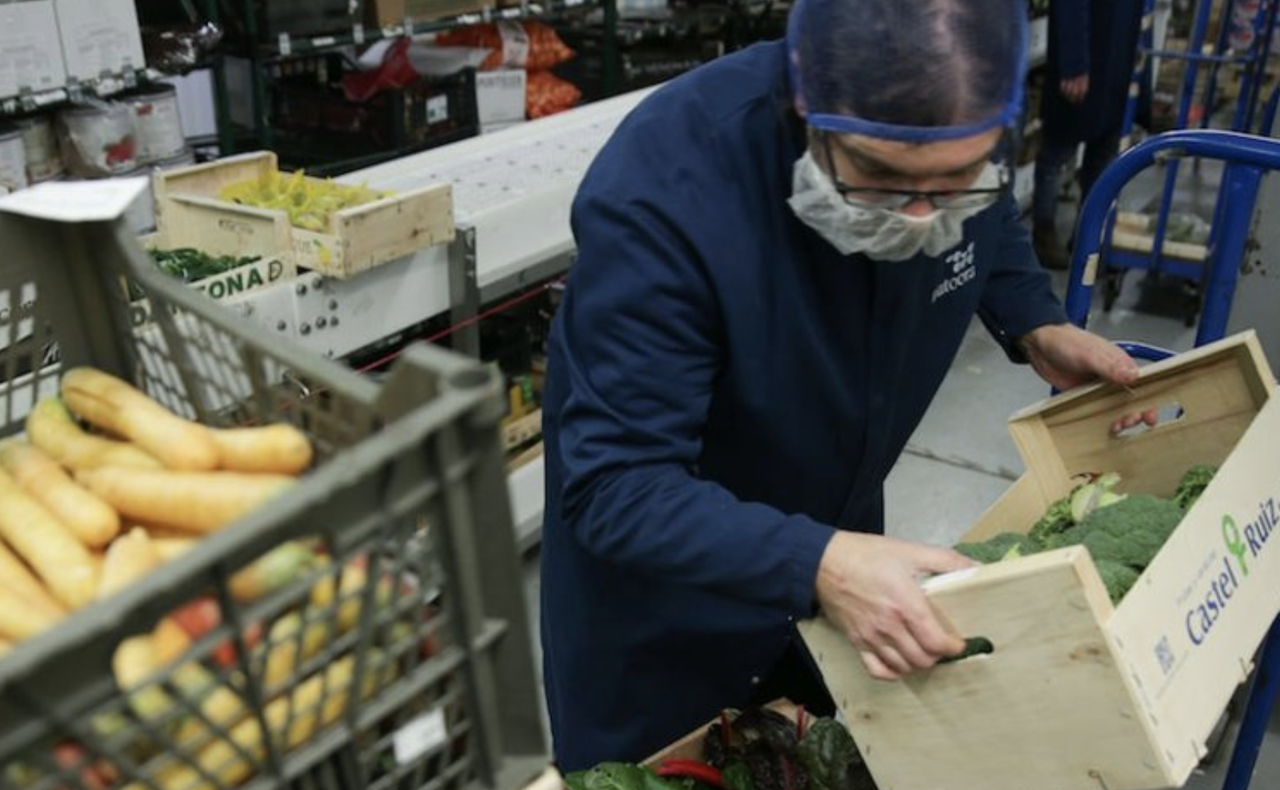On July 31, we’ll hit the 90-day mark until “Brexit Day 2.0”, and with both Boris Johnson and Jeremy Hunt promising to leave with or without a deal, the British pound is hitting fresh 2019 lows as it becomes increasingly clear that whoever wins the Tory leadership contest will opt for a ‘no deal’ exit later this year, unless the EU caves.
And just like that, the same old ‘Project Fear’-type stories that were impossible to ignore during the second half of 2018 and the opening months of 2019 have returned to the headlines. This time, it’s Business Insider writing about how Britons are stockpiling food, medicine and clothes to prepare for a ‘no deal’ Brexit.
These trends have, of course, already been reported on in exhaustive detail.
But it never hurts to remind them again how they should be ‘preparing’ for the day that voters demanded more than three years ago.
To wit, the ‘intelligence’ company Blis claimed that 40% of Britons have started stockpiling goods in fear that there will be shortages following a no-deal Brexit.
The most commonly stockpiled item is food. 56% of those Brits who are stockpiling are doing so with food items. 44% are building up supplies of household items, and well over a third (37%) are doing so with medicine.
The public is even stockpiling clothing. Over a quarter of Brits (28%) have bought extra clothes and shoes to prepare for shortages and higher prices in aftermath of the UK leaving the EU without a deal on October 31.
Both candidates to replace Theresa May as prime minister, Boris Johnson and Jeremy Hunt, have promised to take the UK out of the EU this year, with or without a deal, with Johnson insisting that leaving on October 31 is “do or die.”
The revelation that nearly half of British people are stockpiling goods like food and medicine in their own homes comes as British businesses ramp up preparations for a possible no-deal Brexit on October 31.
Business Insider has also reported that there’s a greater risk of seeing runs on consumer staples later this year. While many Britons did stockpile some supplies ahead of the original Brexit Day date in March, the scene could potentially be worse this time around. This time, there’s a greater risk that supermarket shelves might go empty, because excess storage space is filled with goods for the holidays.
One of BI’s sources said ‘no deal’ would be “disastrous” for the food and beverage industry. Products with limited shelf lives would be particularly scarce.
“Within weeks it is likely that shoppers would notice significant and adverse changes to the products available and random, selective shortages. Limited shelf life products would face the most immediate risk.”
The timing of Britain’s exit is also problematic.
“Food and drink manufacturers face difficulty in securing frozen and chilled warehousing space or logistics capacity for stockpiling, as this is peak Christmas production and the space required is already booked,” they said.
“Manufacturers will therefore have no spare production capacity or ability to store ingredients and finished products.”
“UK food imports will climb from autumn onward as fresh food stocks decline, so any no-deal disruption will have a major impact on availability.”
A majority of respondents to the story also said they feared they’d have less disposable income as a result of Brexit. But we’ve heard that one before, too.
via ZeroHedge News https://ift.tt/2JqaZ3F Tyler Durden
